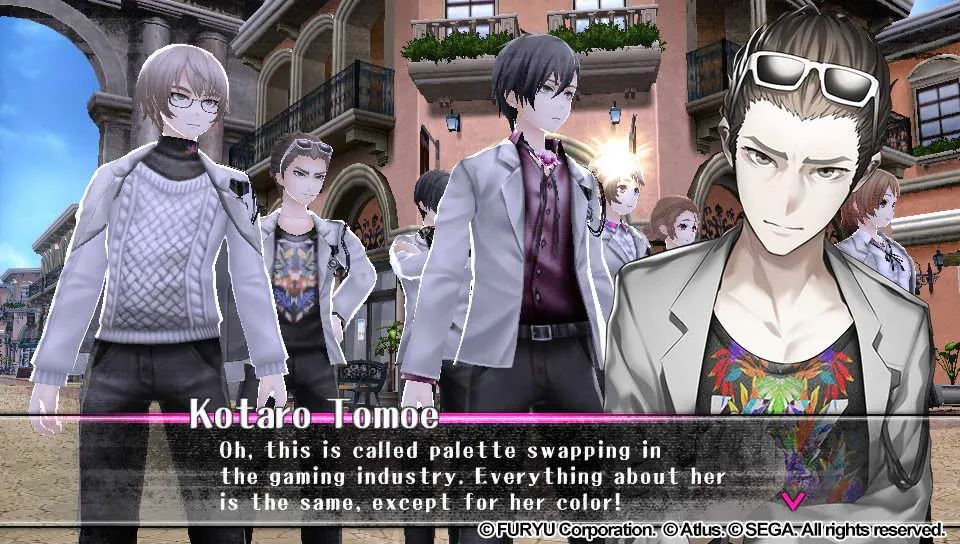
The Caligula Effect: A PS Vita Exclusive with Unrealized Potential
Contents
The PlayStation Vita, despite its age, continues to see new releases. However, many of these are ports of PS4 or PC titles, leaving Vita owners craving exclusive experiences. The Caligula Effect, published by Atlus, stands out as a rare Vita exclusive, developed by Aquria. Its pedigree, with Tadashi Satomi, the writer of Persona 2: Innocent Sin and Persona 2: Eternal Punishment, attached, raised expectations. Unfortunately, The Caligula Effect falls short of its potential.
Trapped in a Digital Paradise
The Caligula Effect places players in Mobius, a virtual world created by the virtual idol, μ (Mu). Mobius offers a perpetual high school experience, appealing to those disillusioned with reality. The protagonist, however, senses something amiss and joins the Go Home Club, a group dedicated to escaping this digital paradise and returning to the real world.
 The Caligula Effect – Review
The Caligula Effect – Review
Innovative Combat, Underutilized
The Caligula Effect’s combat system blends tactical and RPG elements. Players pre-select three actions for each character and can preview the resulting chain of events. This pre-planning allows for strategic combinations and timing of abilities, adding a unique layer to the traditional JRPG formula. However, the ease of combat against weaker enemies diminishes the need for this strategic depth. Players can often “spam” attacks, negating the intended tactical gameplay.
The game’s soundtrack further enhances combat. Battles feature vocalized versions of the game’s upbeat, J-Pop-inspired music. While this adds to the game’s atmosphere, the repetitive nature of the music may not appeal to all players.
 The Caligula Effect – Review
The Caligula Effect – Review
Repetitive Narrative and Level Design
Despite the innovative combat, The Caligula Effect suffers from a repetitive narrative structure and uninspired level design. Each chapter follows a predictable pattern: story progression, discovery of a new dungeon, encounter with a musician composing for μ, and culminating in a boss battle. The dungeon crawling aspects, while reminiscent of Persona, lack the charm and engaging environments of that series. The repetitive enemy designs further contribute to the game’s monotony.
Overambitious and Underwhelming Features
The Causality Link system, intended to allow players to connect with over 500 NPCs, feels more like a chore than an engaging feature. While reminiscent of Persona’s Social Links, the sheer number of NPCs dilutes the experience. Interactions often consist of repetitive and meaningless dialogue, making the process of building relationships tedious. Similarly, the side quests lack variety, often involving fetch quests, conversations, or defeating specific enemies.
 The Caligula Effect – Review
The Caligula Effect – Review
Technical Limitations on the Vita
The Caligula Effect also suffers from technical shortcomings on the Vita. While not graphically demanding, the game experiences inconsistent frame rates, particularly during battles with multiple enemies. Lengthy loading times further detract from the overall experience.
 The Caligula Effect – Review
The Caligula Effect – Review
Conclusion
The Caligula Effect presents a unique premise and innovative combat system, but ultimately falls short of its potential due to repetitive gameplay, uninspired level design, and an underwhelming social system. While Vita owners craving exclusive experiences may find some enjoyment, the game’s flaws prevent it from reaching the heights of other JRPGs.
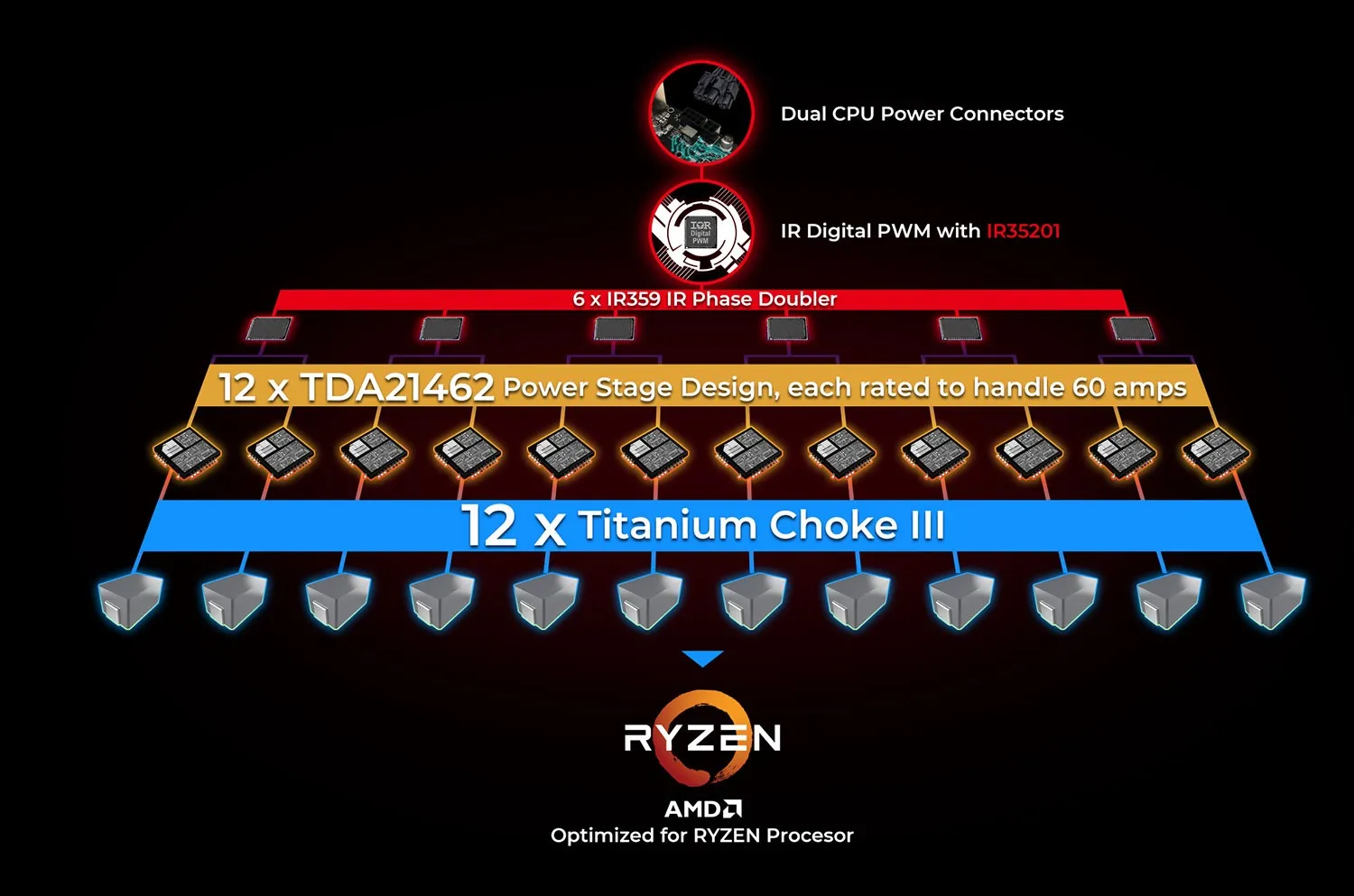
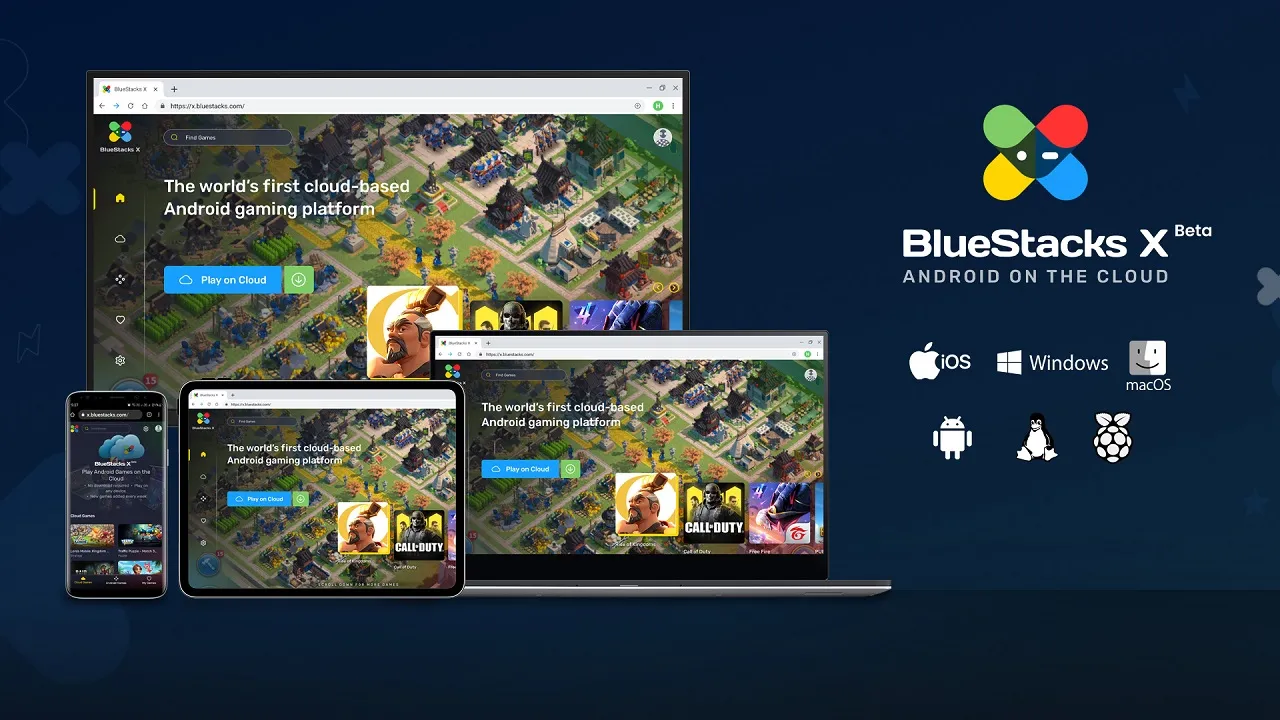

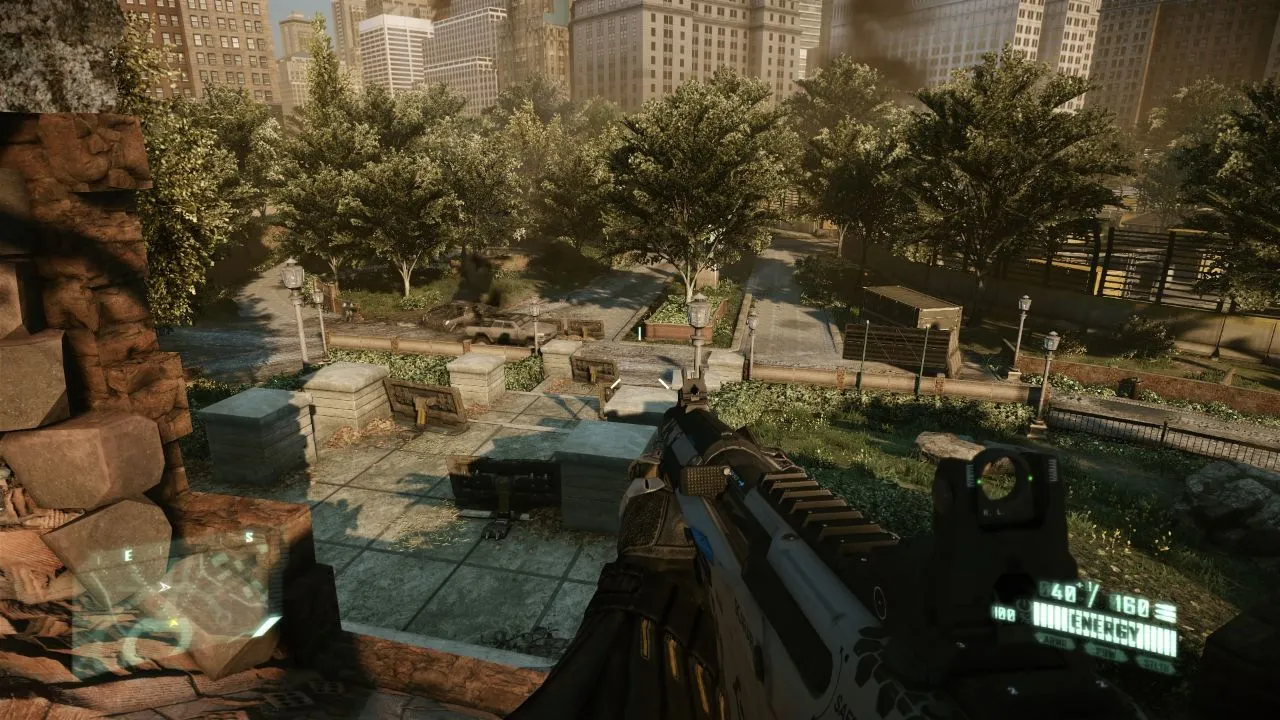
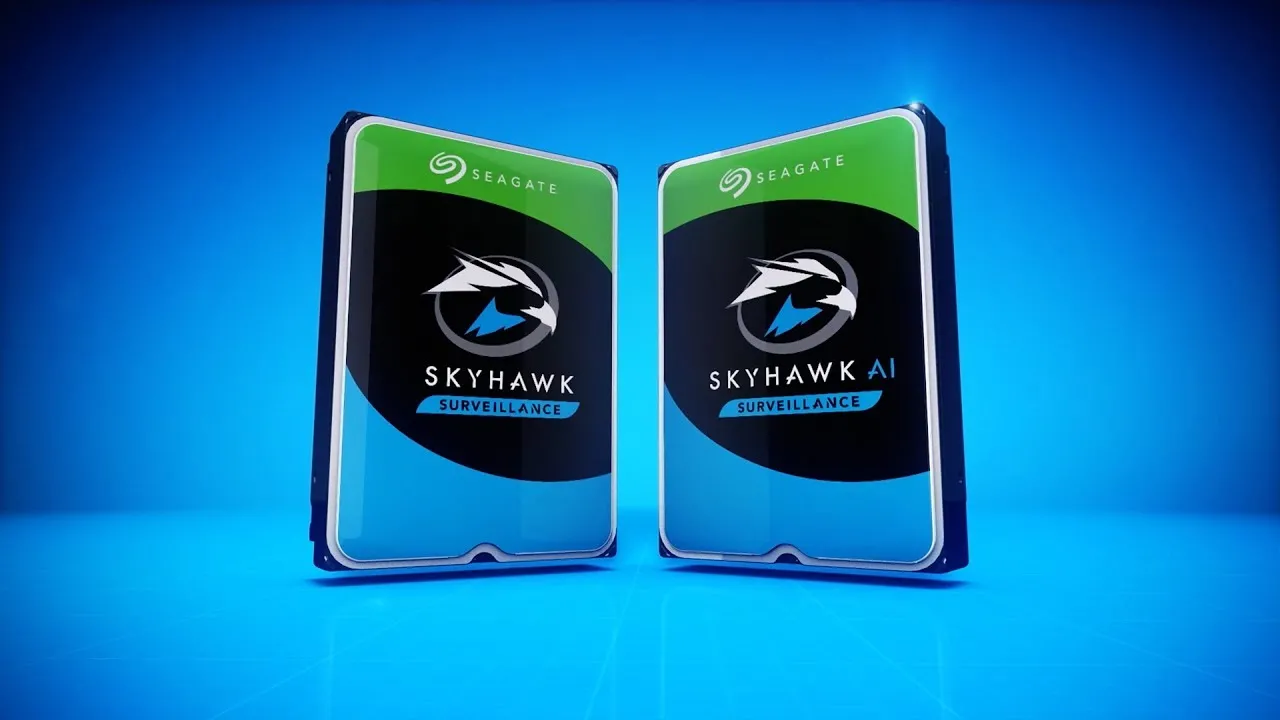
Comments (0)